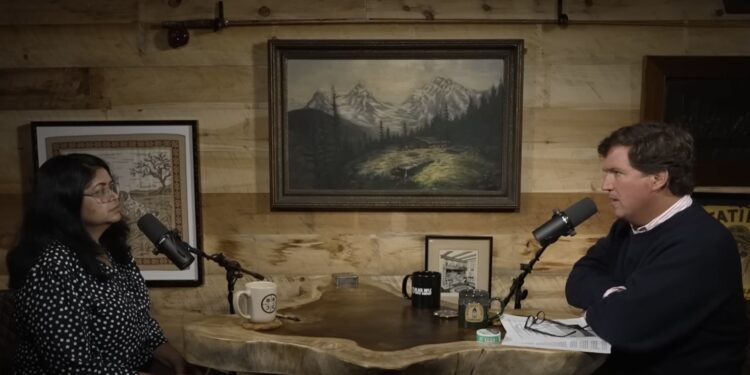The mother of Ruchir Balaji, a 26-year-old former OpenAI researcher turned whistleblower, has made a public appeal for an investigation into her son’s death, which has been officially ruled a suicide. Poornima Ramarao spoke on Tucker Carlson’s show, questioning the findings of California authorities and suggesting foul play linked to his high-profile allegations against OpenAI.
Indian-origin Balaji, whose body was discovered in his San Francisco apartment on November 26, had left OpenAI in August 2024 after four years. He had publicly criticised the company’s use of copyrighted material to train artificial intelligence, including ChatGPT, and was named a “custodian witness” in legal proceedings against OpenAI just days before his death.
According to Ramarao, independent forensic evidence, including crime scene photographs, contradicts the suicide determination. She pointed to a downward bullet trajectory inconsistent with self-infliction, missing personal items, and evidence suggesting a struggle in Balaji’s apartment. Ramarao also revealed that Balaji had planned to testify further and pursue legal action against OpenAI.
Authorities have faced criticism for their handling of the investigation. Ramarao claims officials dismissed critical evidence and hastily ruled her son’s death as a suicide. “This is not just about Ruchir,” she stated. “We’re calling for a thorough federal investigation to uncover the truth and ensure justice.”
The case has ignited a broader conversation about whistleblower safety, particularly in the high-stakes tech industry. While OpenAI expressed condolences to Balaji’s family, Ramarao alleges a lack of proactive support and transparency from the company. The story has also drawn the attention of public figures like Elon Musk, who expressed concern over the allegations on social media.
Calls for a deeper investigation are growing, with activists and legal experts urging oversight agencies to intervene. “This is a matter of public interest,” said Ramarao. “We need to know what Ruchir knew and why he was silenced.”
Further developments in this case could have far-reaching implications for whistleblower protections and the ethical regulation of artificial intelligence.











